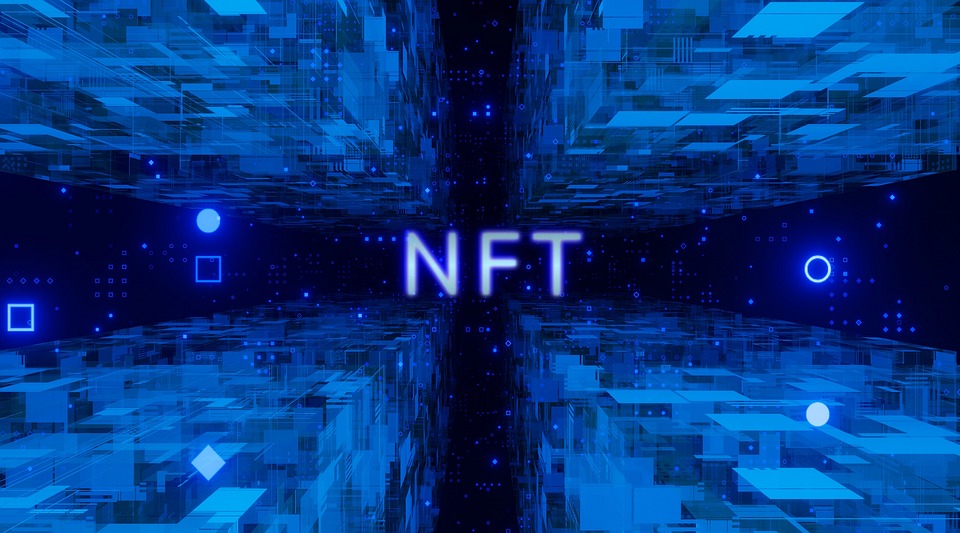Smart contracts are revolutionizing the way businesses conduct transactions and manage their operations. By harnessing the power of blockchain technology, smart contracts are streamlining processes, reducing costs, and increasing efficiency.
A smart contract is a self-executing contract with the terms of the agreement between buyer and seller directly written into code. These contracts are stored on a blockchain, which is a decentralized public ledger that ensures transparency and security.
One of the key benefits of smart contracts is their ability to automate processes. This eliminates the need for intermediaries such as lawyers, banks, or brokers, which often slow down the transaction process and add unnecessary costs. With smart contracts, transactions can be executed almost instantly, saving businesses time and money.
Another advantage of smart contracts is their transparency. Since the terms of the contract are written into code and stored on a blockchain, all parties involved can see and verify the terms of the agreement. This eliminates the risk of fraud and ensures that all transactions are secure and accurate.
Smart contracts also provide a level of trust between parties that was previously not possible. Since the terms of the contract are immutable and cannot be altered, both parties can have confidence that the agreement will be upheld.
One industry that is benefitting greatly from smart contracts is supply chain management. By using blockchain technology and smart contracts, businesses can track the movement of goods from the manufacturer to the consumer in a secure and transparent way. This helps to reduce fraud, improve efficiency, and increase trust between all parties involved in the supply chain.
Overall, smart contracts are revolutionizing the way businesses operate by streamlining processes, reducing costs, and increasing efficiency. As more businesses adopt this innovative technology, we can expect to see even greater advancements in the way transactions are conducted and managed in the future.
